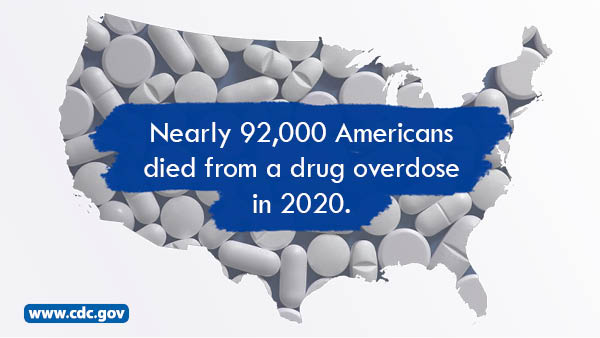In 2020, 91,799 people died from a drug overdose in the United States, increasing by 31% from the year prior, according to the CDC. And nearly 75% of those deaths involved opioids, making August 31st, Overdose Awareness Day, more important than ever.
“Overdose is something everyone should be aware of,” shared Recovery Center Director, Taya Vonnahme, MSN, RN, ARNP, tCADC. “Not only is overdose a concern in the addiction world but also in general practice. We see overdoses all the time for various reasons – alcohol, opiates, and drug related. Some are unintentional from prescription pain medications that were accidentally taken incorrectly.”
The Recovery Center at Manning Regional Healthcare Center is dedicated to raising awareness of drug overdose and helping prevent future deaths caused by an overdose.
“Everyone should educate themselves on the signs of a possible overdose and know what to do if it is suspected,” Vonnahme recommended.
Typical signs of an overdose can include one or several of the following:
- Unconsciousness
- Seizure
- Severe headache
- Chest pain
- Breathing difficulties
- Extremely paranoid, agitated, and/or confused
- Snoring or gurgling
Seek emergency help by calling 911 if someone is exhibiting these symptoms. Prior to emergency personnel arriving, follow these steps:
- Administer *Naloxone if available
- Support breathing by ensuring their airway is clear and giving breaths
- Monitor their response
- Do not forcefully try to awake them
- Don’t try to make them vomit
When help arrives, it is vital to provide as much information as possible about the overdose. Information such as what type of drug and how much was taken and how long ago it was taken can help save a life.
“One of the best things I have seen that can assist someone who has overdosed is Naloxone,” Vonnahme said. “It saves lives every day and anyone can learn how to use it. It is also available to anyone who may need it no matter the reason. If you know someone who uses any type of opiate, prescription, or recreational drug they should know about this and learn how to use it.”
*Naloxone is a non-addictive, life-saving medication that can reverse an opioid overdose. Given as a nasal spray, auto-injector, or injectable, naloxone can be purchased from most pharmacies without a prescription. If you or someone you know is at increased risk for opioid overdose, you should carry naloxone and keep it at home. People who are taking high-dose opioid medications (>50 morphine milligram equivalents per day) prescribed by a doctor and people who use opioids and benzodiazepines together should also carry naloxone, according to the CDC.
Opioid Education
To help educate about the dangers of substance abuse, MRHC will be hosting a variety of trainings in partnership with New Opportunities of Carroll in the upcoming weeks. The first training will be held on Monday, August 29th from 6-7pm in MRHC Conference Room 1. The first half hour will teach about common misused drugs, how drugs impact the body and brain, and the risk factors of a substance use disorder. The second half hour will focus on the “Stigma Associated with Substance Use Disorder”, in which participants will learn what stigma is, the consequences of stigma, and what you can do to change stigma.
The next training will take place on Monday, September 26th from 6-7pm. It will teach what an opioid is, types of opioids (licit and illicit), consequences of opioid misuse, and what resources are available to address opioid misuse in your community. Participants will also learn about the effects of opioid and stimulant polysubstance use on individuals, the intentional and unintentional reasons for polysubstance use, and the community level strategies to reduce the risks associated with polysubstance use.
Recovery Center Services
If you or someone you care about has problems with substance abuse, help is available. The sooner a person can get help, the better the long-term chance for recovery. If you feel that you need help or guidance, contact the Recovery Center at (712) 655-2300.
The Recovery Center is a 16-bed, co-ed chemical dependency facility located in Manning. Services include detoxification, residential treatment, outpatient treatment and consultations or evaluations. Recovery Center staff have adapted treatments to meet addiction issues, from alcoholism to meth to the abuse of prescription painkillers. For four decades, staff have helped clients take their first step toward healthy, drug and alcohol-free lifestyles. For more information, visit www.manningrecoverycenter.com.

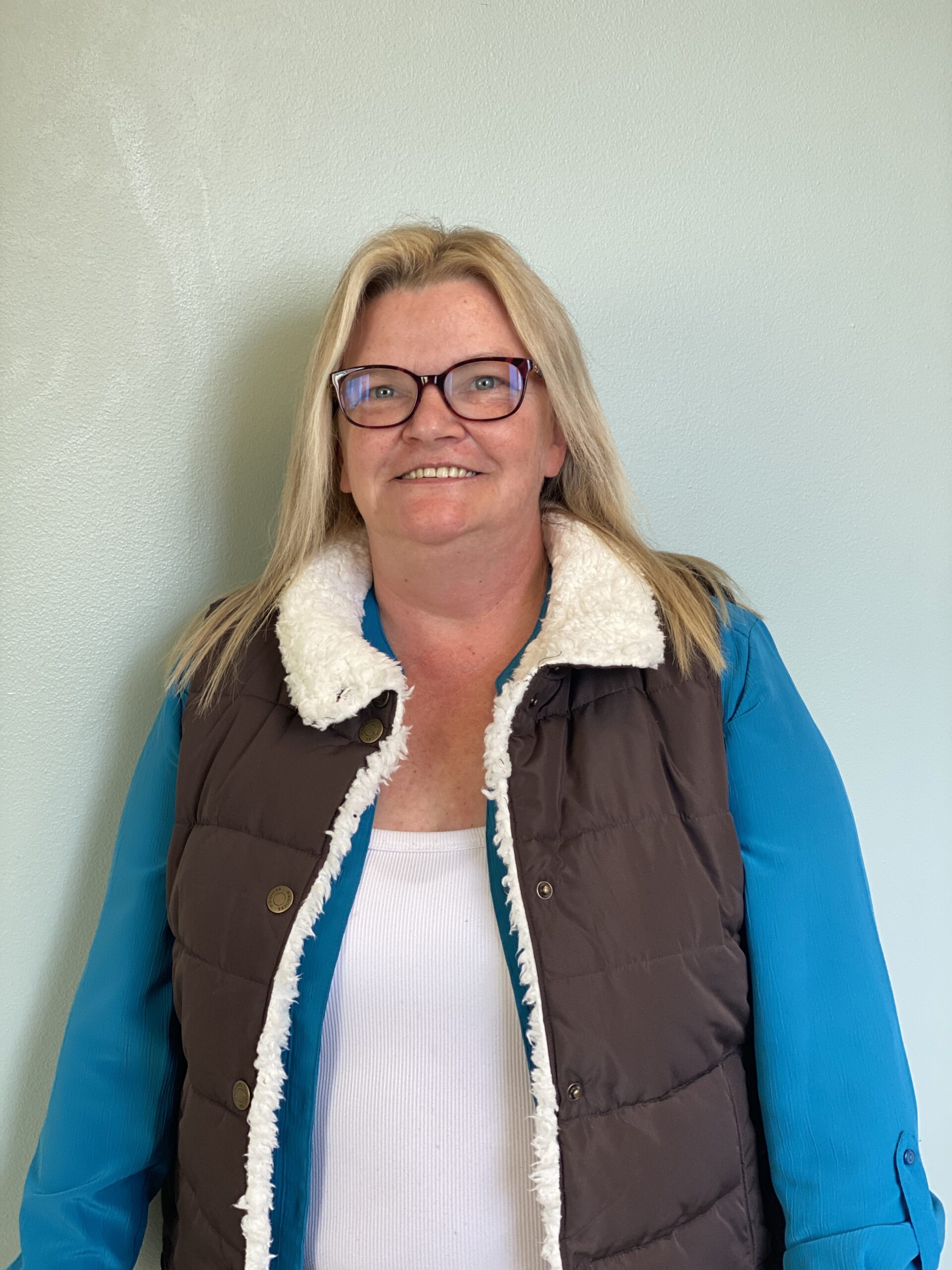
 Melinda Melby’s life took an unexpected turn, one that led her through darkness but eventually to recovery and transformation. Today, as an administrative assistant and intake coordinator at the Recovery Center at Manning Regional Healthcare Center in Manning, Iowa, Melinda is not only rebuilding her life but also extending a guiding hand to others on their own journeys to sobriety.
Melinda Melby’s life took an unexpected turn, one that led her through darkness but eventually to recovery and transformation. Today, as an administrative assistant and intake coordinator at the Recovery Center at Manning Regional Healthcare Center in Manning, Iowa, Melinda is not only rebuilding her life but also extending a guiding hand to others on their own journeys to sobriety.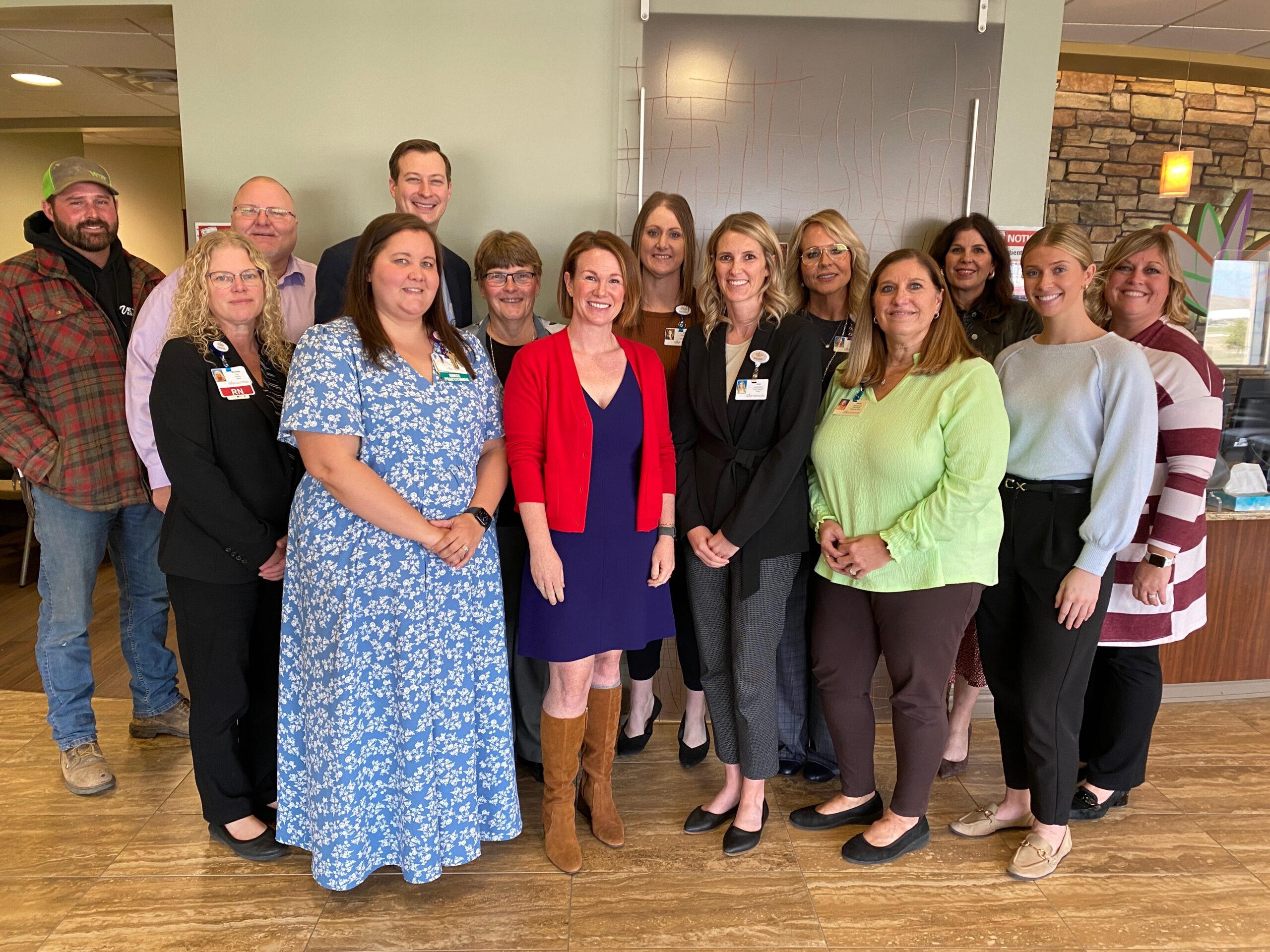
 On National Rural Health Day (November 16th), Iowa Health and Human Services Director, Kelly Garcia, and State Epidemiologist, Dr. Robert Kruse, visited MRHC and the Recovery Center. Their presence underscored the critical need for integrated behavioral health services, with a focus on mental health and substance abuse. Engaging with healthcare professionals, community leaders, and the hospital’s board and senior leadership team, Director Garcia and Dr. Kruse discussed collaborative solutions to improve statewide healthcare and to also address the unique needs of rural communities.
On National Rural Health Day (November 16th), Iowa Health and Human Services Director, Kelly Garcia, and State Epidemiologist, Dr. Robert Kruse, visited MRHC and the Recovery Center. Their presence underscored the critical need for integrated behavioral health services, with a focus on mental health and substance abuse. Engaging with healthcare professionals, community leaders, and the hospital’s board and senior leadership team, Director Garcia and Dr. Kruse discussed collaborative solutions to improve statewide healthcare and to also address the unique needs of rural communities.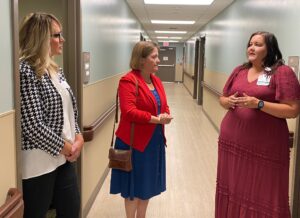


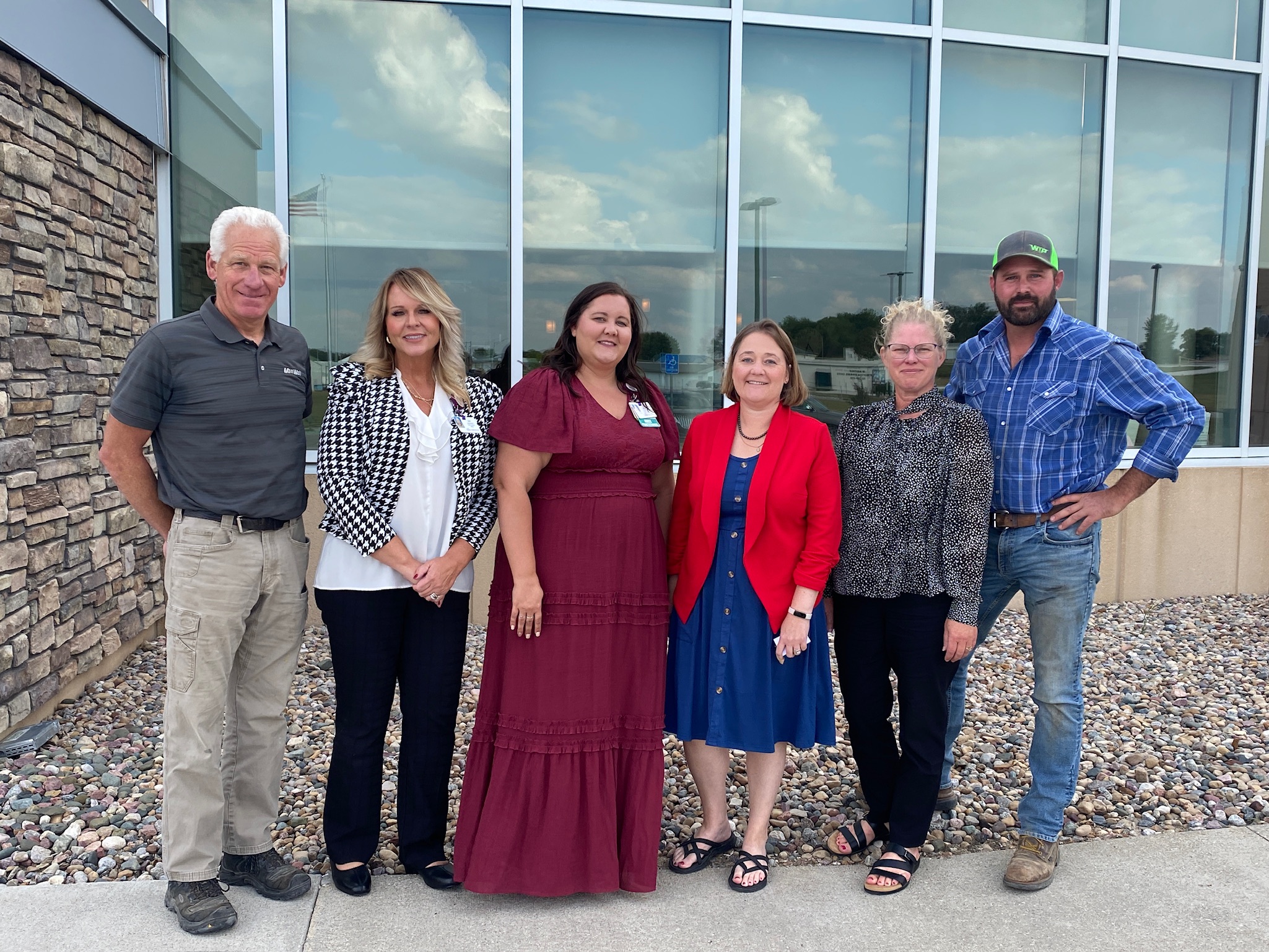

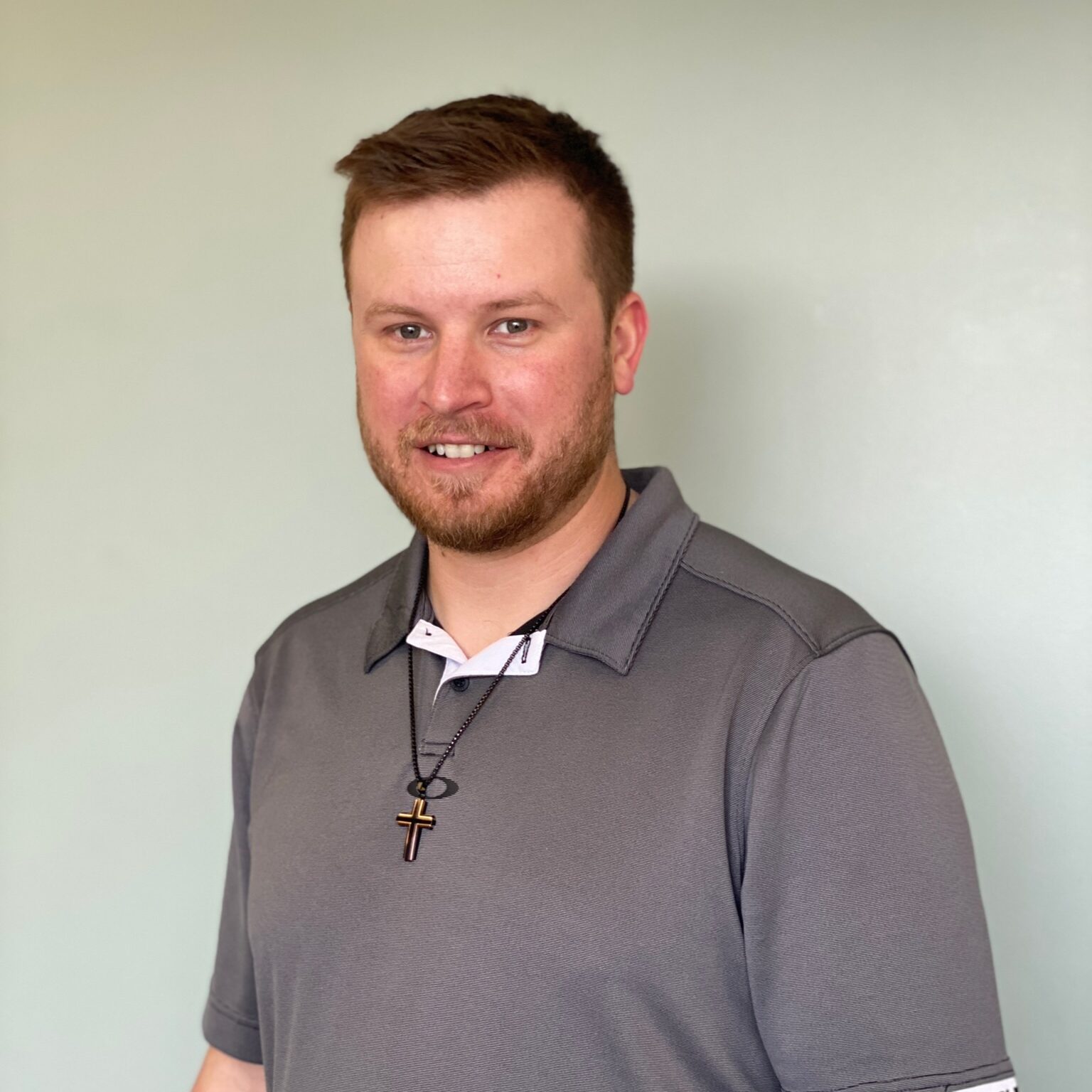
 “After working at the Recovery Center for a while it was clear to me that this is what I want to do for a living – help suffering addicts find hope in recovery,” explained Lytle. “Going through treatment here myself, I know the pain and struggles that our clients are going through. Being able to relate and help them through it is very rewarding and I want to continue doing that.”
“After working at the Recovery Center for a while it was clear to me that this is what I want to do for a living – help suffering addicts find hope in recovery,” explained Lytle. “Going through treatment here myself, I know the pain and struggles that our clients are going through. Being able to relate and help them through it is very rewarding and I want to continue doing that.”
 epublican presidential candidate and North Dakota Governor, Doug Burgum, along with his wife, Kathryn, visited Manning Regional Healthcare Center on Wednesday, September 6th to learn about the challenges and opportunities within rural healthcare.
epublican presidential candidate and North Dakota Governor, Doug Burgum, along with his wife, Kathryn, visited Manning Regional Healthcare Center on Wednesday, September 6th to learn about the challenges and opportunities within rural healthcare. He continued, “These are sons and daughters [or] nieces and nephews of people who have been trapped in the disease of addiction and this is something we have to take on as a nation. There is a role for communities to play, but it starts right here like what is happening in Manning where great people [are] caring for each other and approaching this as the disease it is to fight against the disease of addiction.”
He continued, “These are sons and daughters [or] nieces and nephews of people who have been trapped in the disease of addiction and this is something we have to take on as a nation. There is a role for communities to play, but it starts right here like what is happening in Manning where great people [are] caring for each other and approaching this as the disease it is to fight against the disease of addiction.” Additionally during the hospital tour, the Governor and first lady stopped in the emergency department and experienced a live-look at the Avel e-Care emergency response system. They were impressed with the quality of care that can be achieved in rural areas despite having limited staffing. They also acknowledged that additional technological advances are necessary in order for rural healthcare to succeed long-term.
Additionally during the hospital tour, the Governor and first lady stopped in the emergency department and experienced a live-look at the Avel e-Care emergency response system. They were impressed with the quality of care that can be achieved in rural areas despite having limited staffing. They also acknowledged that additional technological advances are necessary in order for rural healthcare to succeed long-term. “We are thankful for the Governor and Kathryn’s visit to MRHC and appreciate them taking time to learn about the unique services we offer here, as well as the challenges we face with regard to rural healthcare funding and staffing,” shared MRHC CEO, Linn Block.
“We are thankful for the Governor and Kathryn’s visit to MRHC and appreciate them taking time to learn about the unique services we offer here, as well as the challenges we face with regard to rural healthcare funding and staffing,” shared MRHC CEO, Linn Block.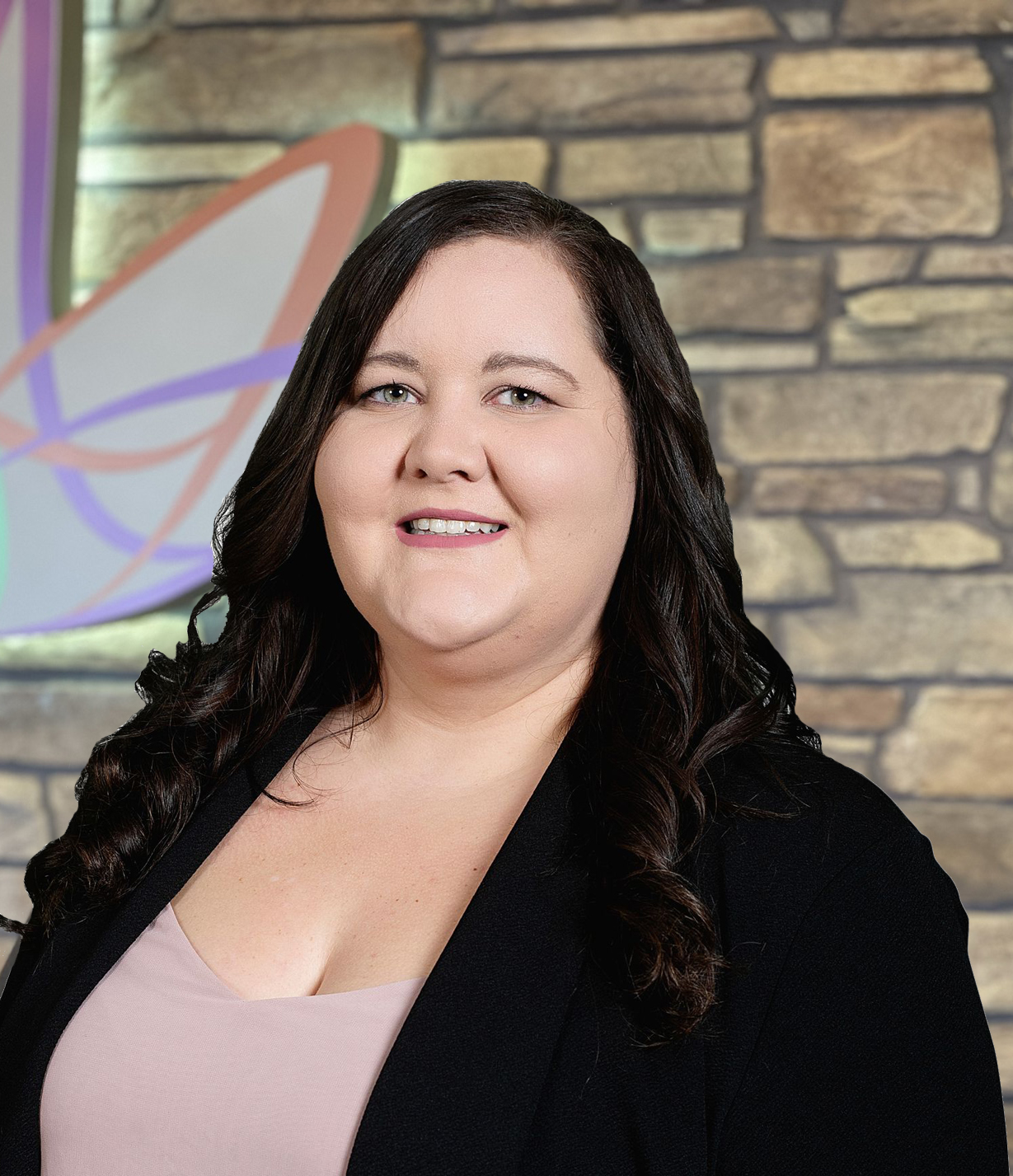
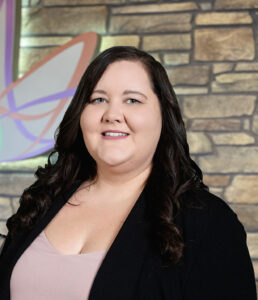 “The fundamental thing to understand is they have to come to their own decision about sobriety. You can’t make it for them,” advises Recovery Center Director,
“The fundamental thing to understand is they have to come to their own decision about sobriety. You can’t make it for them,” advises Recovery Center Director, 
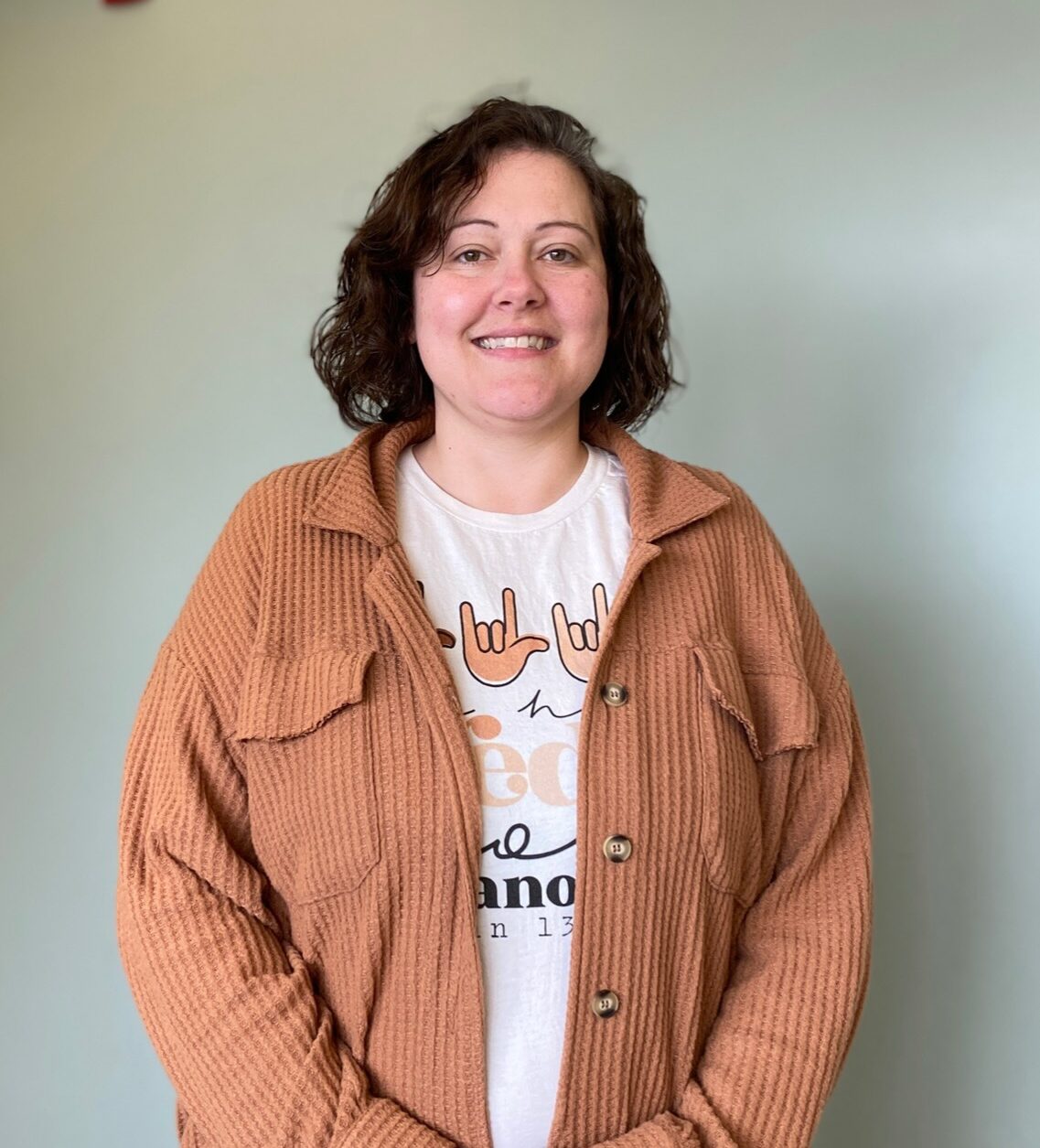
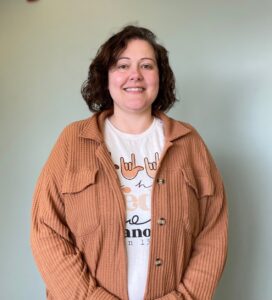 Emmalee Bolin works as a counselor at the Recovery Center at MRHC and shares that her personal experience with addiction and recovery is what inspires her to help others.
Emmalee Bolin works as a counselor at the Recovery Center at MRHC and shares that her personal experience with addiction and recovery is what inspires her to help others.